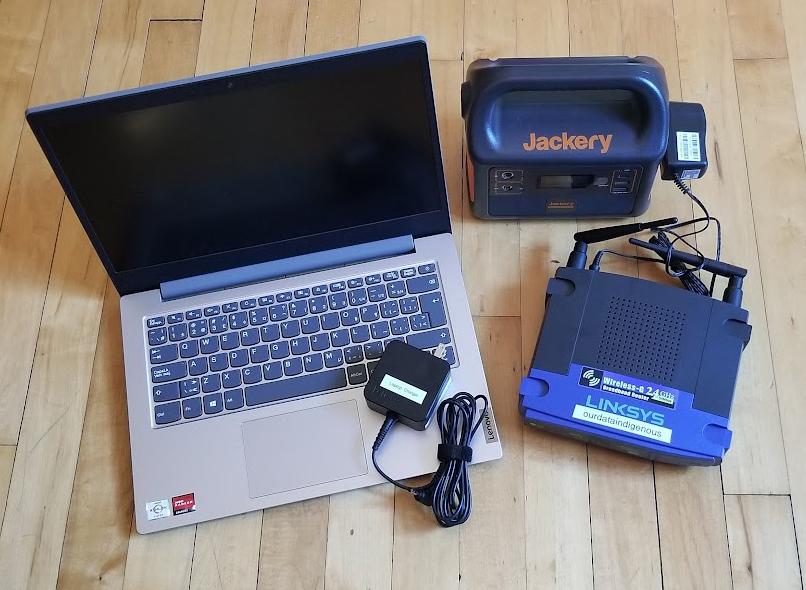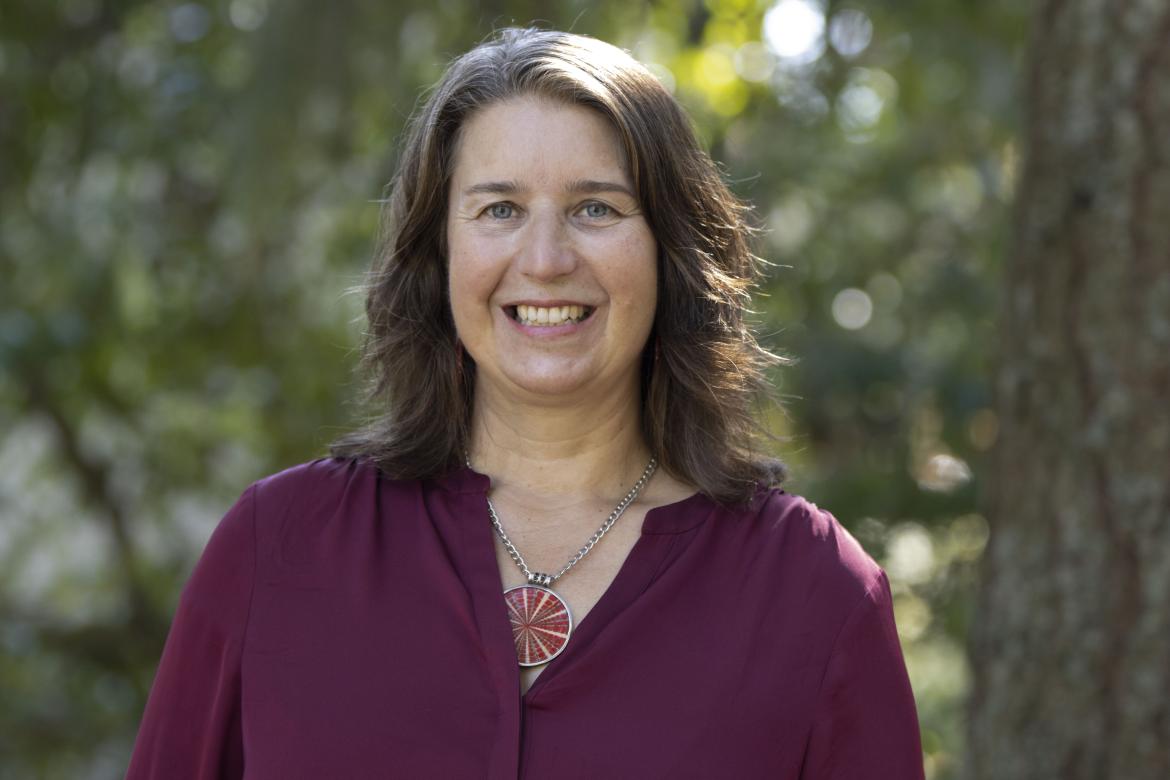Dr. Shanna Lorenz is VIU’s 2022 Fulbright Canada Visiting Research Chair in Indigenous Studies. Vancouver Island University photo
September 28, 2022 – 10:45am, Vancouver Island University
Dr. Shanna Lorenz, VIU’s 2022 Fulbright Canada Visiting Research Chair in Indigenous Studies, is working with Indigenous communities on a data gathering app.
Dr. Shanna Lorenz’s research is supporting Indigenous data sovereignty thanks to a digital app called Our Data Indigenous, which she helped design alongside faculty and First Nations community data specialists in Canada and the United States.
“We’re in this moment when there is an amazing data sovereignty movement,” says Lorenz, Vancouver Island University’s (VIU’s) 2022 Fulbright Canada Visiting Research Chair in Indigenous Studies. “Many organizations are demanding that Indigenous communities have the right to collect, control and protect data.”
Lorenz is part of the app development and education teams for the Our Data Indigenous app, which uses digital surveys to collect quantitative and qualitative data. A keystone of the app, which follows First Nations OCAP® Principles, is that research is done in a way that respects the traditional knowledge and values of Indigenous peoples.
“Indigenous people are making telecommunications technologies their own and finding ways to adapt and transform them, so they fit Indigenous aesthetics, uses and modes of sociality,” said Lorenz. “It’s really powerful when researchers can develop technology in a collaborative way.”
While at VIU for a four-month term, Lorenz will be evaluating the app and working with Indigenous communities in BC on a pilot project to add geographic information system capabilities. This will allow communities to use the app to easily collect and map geospatial information related to environmental monitoring, cultural sites and language usage.
This pilot project builds on two years of previous work on the Our Data Indigenous app. The original research project, called “kitatipithitamak mithwayawin: Indigenous-led countermeasures to Coronavirus (COVID-19) and other pandemics, then, now, and into the future” was created in response to the pandemic and involved 11 Indigenous partner organizations. The phrase kitatipithitamak mithwayawin is Cree for to “hold ownership and control over the health and well-being of our own.” Responding to a call by First Nations Health Authorities, Chiefs and Councils, the app was created to collect real-time COVID-19 data using culturally sensitive, Indigenous-developed surveys.

An offline pack that establishes a local area network.
One of the early stumbling blocks the team had to overcome is the digital divide in Canada. Many Indigenous communities the team worked with had weak or non-existent telecommunications infrastructure. That meant the app needed to work offline. The team created an offline pack, (consisting of a local computer, router, tablet and portable power station) that establishes a local area network (LAN). The LAN allows people to access surveys on a tablet or cellphone and then save and visualize data on a local computer.
Surveys have since evolved from focusing on issues related to the pandemic to topics such as language and cultural revitalization, mental health, land-based knowledge, food sovereignty, economic development and others. The app allows community data specialists to create, administer and visualize their own surveys depending on their community’s needs.
“These communities are Indigenizing research methods themselves. For example, survey development in First Nations communities may look different than it does in other settings,” said Lorenz. “It may involve layers of discussion and collaboration and pulling together multiple interests within the community. That doesn’t necessarily happen in the academic setting.”
Lorenz, a settler scholar from xučyun, unceded Chochenyo-speaking Ohlone territory in Northern California, is an Associate Professor from Occidental College in Los Angeles. She holds PhDs in Music and Performance Studies (University of Pittsburgh and New York University) and is completing a master’s degree in Environmental Studies at the University of Manitoba.
-30-
Media Contact:
Rachel Stern, Communications Officer, Vancouver Island University
Read More


